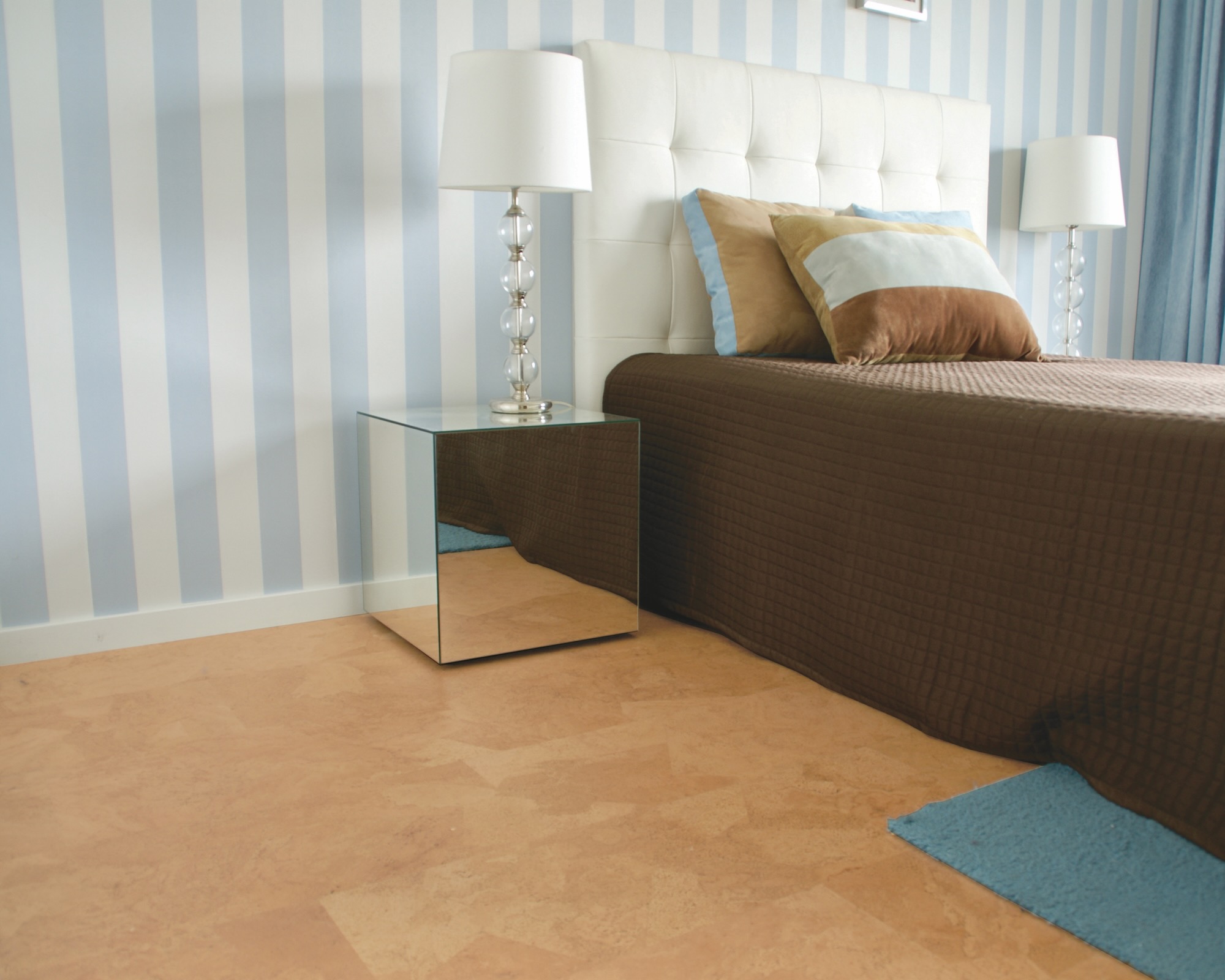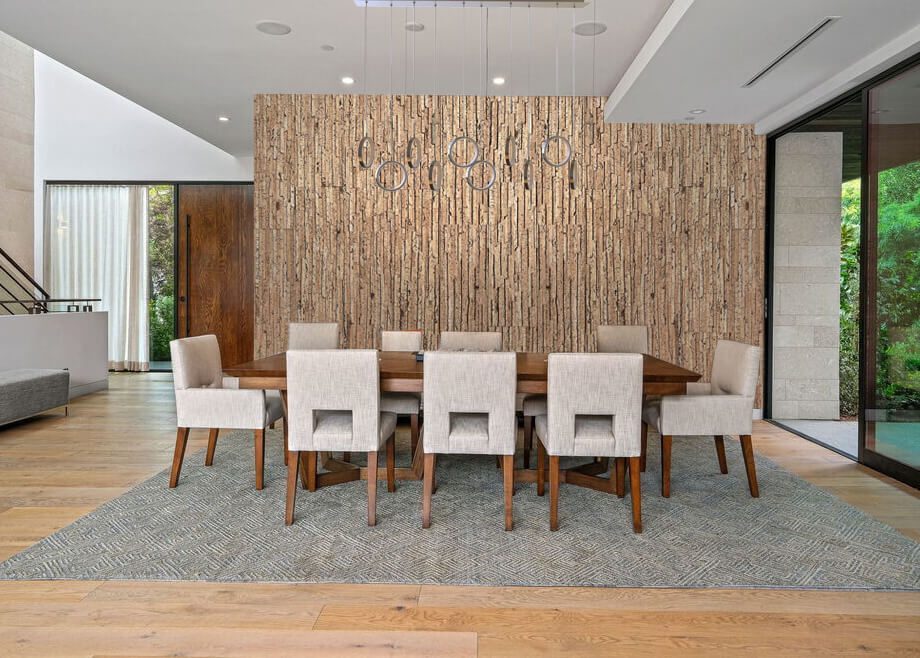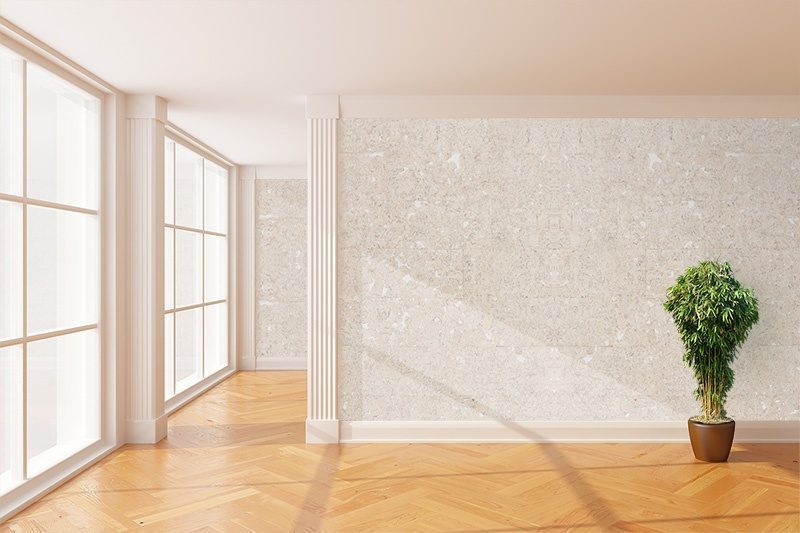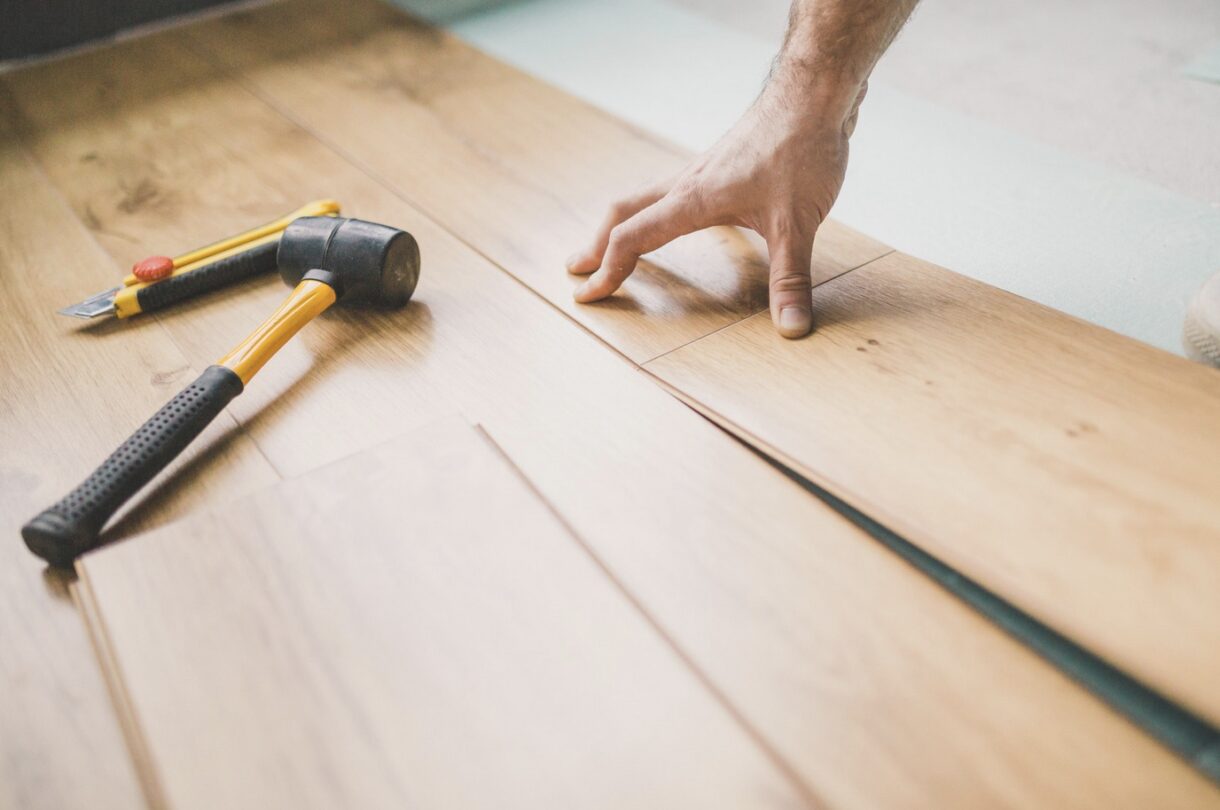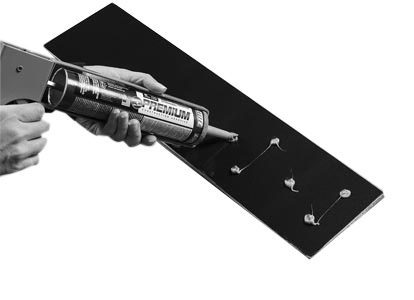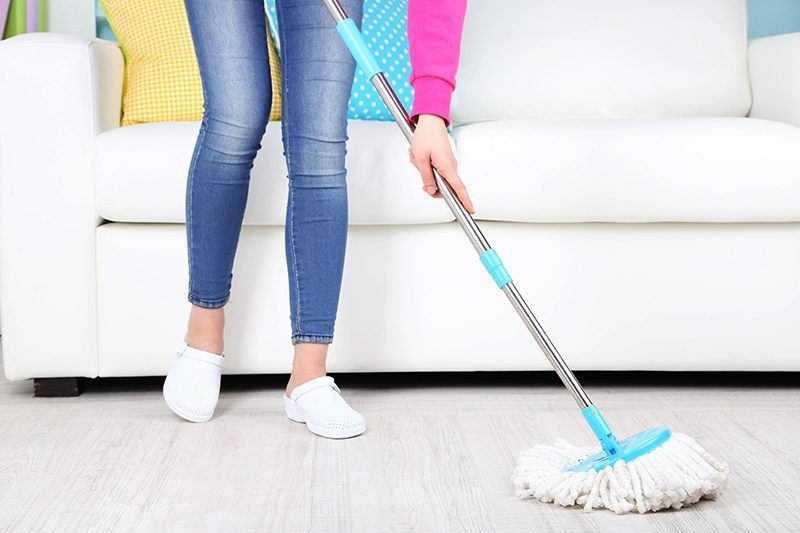Cork Flooring is an Ideal Choice for Wine Cellars
When considering the design of a wine cellar, flooring is an essential factor to consider. Cork is often the preferred option of many, possessing various qualities which make it an ideal choice for cellar flooring. Its popularity is well-recognized, making it a common choice.
Let’s examine the features of cork that make it a perfect choice for covering the floors of a cellar.
Eco-Friendly
From an ecological viewpoint, cork is one of the superior products you can use in your wine cellar. The material for cork flooring is derived from the bark of cork trees, which can be collected again and again after being harvested since it regrows its bark. This is much more sustainable than taking the whole tree down, which is the case with raw material acquisition for actual hardwood flooring. This makes cork flooring one of the most renewable options currently available! Moreover, cork is entirely biodegradable and will decompose into the environment at the end of its life cycle without causing any adverse effects. Employing cork as flooring in your wine storage space will have a minimal impact on the environment, and you will be regarded as one of the eco-friendly wine cellar owners.

Soft and Comfortable
The cushioning quality of cork flooring, which results from its air-filled cells, makes it comfortable and gentle on the feet. Furthermore, it is shock-absorbent, which helps to safeguard your wines and visitors with sore joints. Should something constructed from glass tumble onto the floor, it is unlikely to break or create a loud sound when it hits the ground. Dropping objects such as a wine glass or bottle is less likely to shatter, not just due to its shock-absorbing traits but also because of its flexibility. These characteristics are why cork is commonly employed in wine cellars.
Durable
Cork is a very tough and tenacious material. Compared to other hard floor surfaces, such as wood, tiles, and the like, cork is more resilient to damage and wear due to its cellular construction. Cork is impervious to liquid absorption, meaning it will not weaken or break down as quickly as other hardwoods. It is also resistant to mold and mildew because of the suberin, a natural wax-like substance, which safeguards it. Cork floors, when properly maintained, can last for decades.

Thermal Insulation
This material is a poor conductor of heat, which is perfect for wine cellars that you want to keep at the proper temperatures.
Aesthetically Versatile
Cork flooring comes in a variety of shapes, shades, and sizes. Planks can be used to create a floor with virtually no visible seams. Single-color or alternating-color cork tiles can be used to generate patterns of any sort, all dependent on the creativity and skill of the individual who is installing them.

Water Resistant
You can make the floors of your wine cellar water-tight. Although cork is naturally water-resistant, the structure of cork tiles makes it possible to seal the surface with Loba 2K AT Supra water-based polyurethane after installation to stop liquids from soaking into the flooring and making it really long-lasting.
Easy to Clean
Maintaining cork flooring is straightforward. Despite being waterproof, it’s best to use a slightly moistened mop rather than a thoroughly wet one to prevent excessive water from ruining the floor. Regularly sweeping or vacuuming the area is also recommended.
Cork flooring has many advantages, making it an ideal choice for a wine cellar


